Barbie: from problematic toy to feminist icon?
She may have exacerbated negative body image issues among girls but Barbie also offered a diverse range of career choices
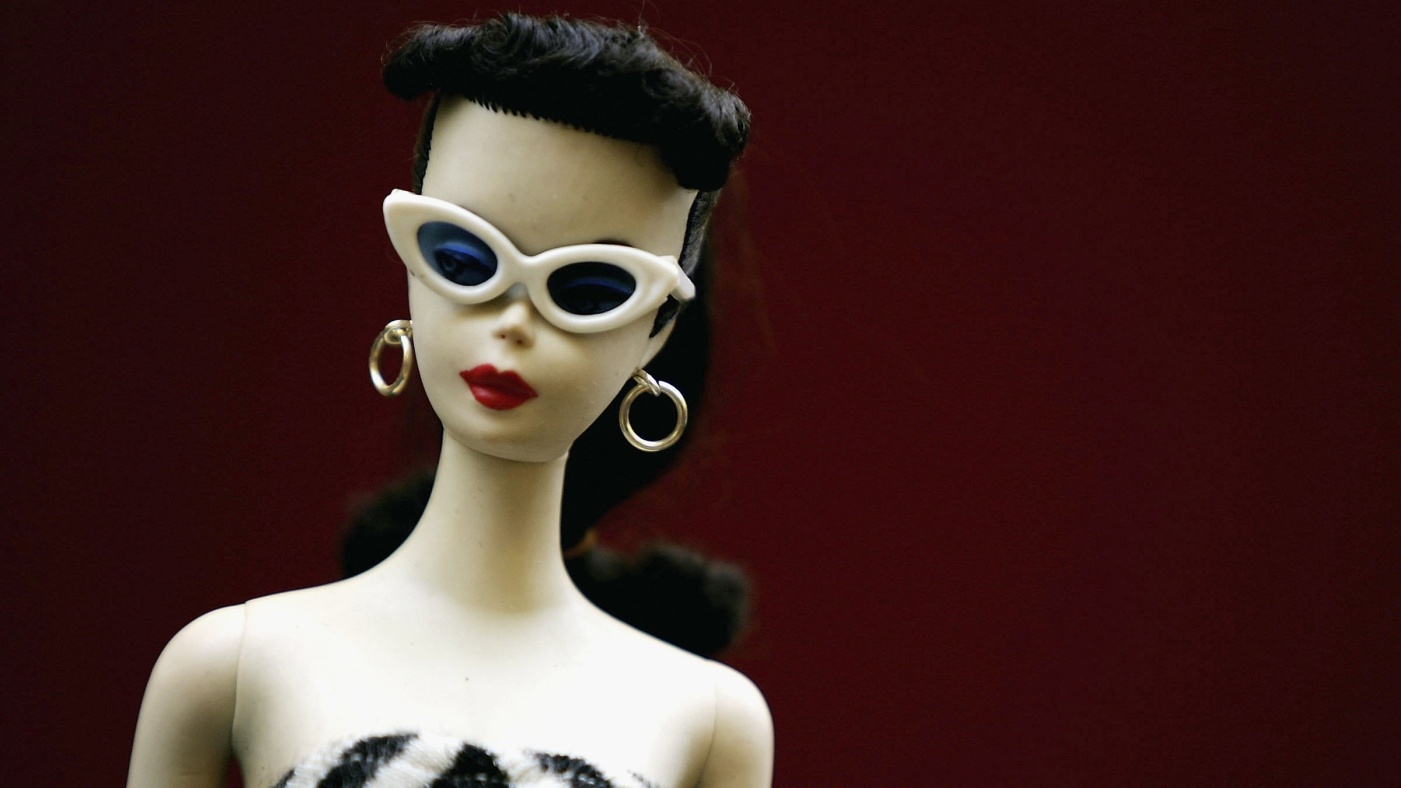
A free daily email with the biggest news stories of the day – and the best features from TheWeek.com
You are now subscribed
Your newsletter sign-up was successful
Greta Gerwig’s blockbuster film “Barbie” has brought the legacy of the popular yet controversial doll back into the limelight.
With the release of the film, Gerwig has made history: “Barbie” took $377 million (£294 million) at the box office on its opening weekend around the world, making it the biggest debut ever for a film directed by a woman.
The film’s subject, the iconic doll played with by generations of children, has been the subject of both adoration and hand-wringing for decades.
The Week
Escape your echo chamber. Get the facts behind the news, plus analysis from multiple perspectives.

Sign up for The Week's Free Newsletters
From our morning news briefing to a weekly Good News Newsletter, get the best of The Week delivered directly to your inbox.
From our morning news briefing to a weekly Good News Newsletter, get the best of The Week delivered directly to your inbox.
Impossible proportions
Since the first doll was released by Mattel co-founder Ruth Handler in 1959, it has come under criticism for its impossible body proportions. Based on a German Lilli doll, typically gifted to men at bachelor parties, Barbie was “one of the first children’s toys to have breasts” alongside her “tiny waist and long legs”, said Stylist.
When student Galia Slayen recreated the doll in 2007, using measurements as if she were a real person, she found that Barbie would be 6ft tall, weigh 110lb, and have a 39-inch chest and an 18-inch waist.
Her unrealistic body size and representation as white, blonde and thin, means Barbie has frequently been blamed for contributing to negative body image among young girls. A 2006 study suggested that girls aged six to eight who played with Barbie dolls experienced higher levels of body dissatisfaction than girls who played with dolls with fuller figures.
‘An avatar for our wildly imaginative tendencies’
But despite the frequently cited negative connotations of Barbie dolls, what is often overlooked is how her “plastic-ness, her financial accessibility, her generic quality” means Barbie has been a canvas for imagination and creativity for generations of children, said Sarah Seltzer in Time magazine.
A free daily email with the biggest news stories of the day – and the best features from TheWeek.com
For decades, Barbie has been “an avatar for our most violent, strange and wildly imaginative tendencies” as children have “tied up their Barbies, dismembered them, acted out conflicts” and even “held orgies, too”. But whether as children we “revered her or destroyed her or both”, Barbie has been “subsumed into our own ideas about how to play”.
The doll “provided an easy way for kids, mostly girls, alone and in groups, to control their own narratives”, continued Seltzer. In that way, “she made the idea of adulthood, and womanhood, something younger girls could try on and experiment with, or simply fire down the hallway like a blonde torpedo”.
Barbie’s ‘proto-feminist’ messaging
Barbie’s “proto-feminist” messaging has been there from the very beginning, argued M.G. Lord in the Los Angeles Times, although many second-wave feminists are unlikely to agree. With her “unabashedly sexy body, no husband and a self-supporting job”, the first iterations of Barbie appear almost to have “preached the gospel of Helen Gurley Brown’s 1962 book ‘Sex and the Single Girl,’ an anti-marriage manifesto and an argument for women’s financial and sexual autonomy”, said Lord.
Barbie has evolved with the times, and in recent years Mattel has released a diverse range of Barbies as well as made changes to her body to address persistent criticisms – possibly partly in response to the emergence of fourth-wave feminism and its embrace of intersectionality and body positivity.
It is curious then that Mattel has remained reluctant to label Barbie as a feminist. “In Barbie’s world, however, objects speak louder than words,” said Lord. With her “vast array of ethnicities and body types” as well as “professions and personas” it is clear that Barbie is a “strong, independent woman”. Perhaps Mattel simply “balk at stating the obvious”.
Sorcha Bradley is a writer at The Week and a regular on “The Week Unwrapped” podcast. She worked at The Week magazine for a year and a half before taking up her current role with the digital team, where she mostly covers UK current affairs and politics. Before joining The Week, Sorcha worked at slow-news start-up Tortoise Media. She has also written for Sky News, The Sunday Times, the London Evening Standard and Grazia magazine, among other publications. She has a master’s in newspaper journalism from City, University of London, where she specialised in political journalism.
-
 Health insurance: Premiums soar as ACA subsidies end
Health insurance: Premiums soar as ACA subsidies endFeature 1.4 million people have dropped coverage
-
 Anthropic: AI triggers the ‘SaaSpocalypse’
Anthropic: AI triggers the ‘SaaSpocalypse’Feature A grim reaper for software services?
-
 NIH director Bhattacharya tapped as acting CDC head
NIH director Bhattacharya tapped as acting CDC headSpeed Read Jay Bhattacharya, a critic of the CDC’s Covid-19 response, will now lead the Centers for Disease Control and Prevention
-
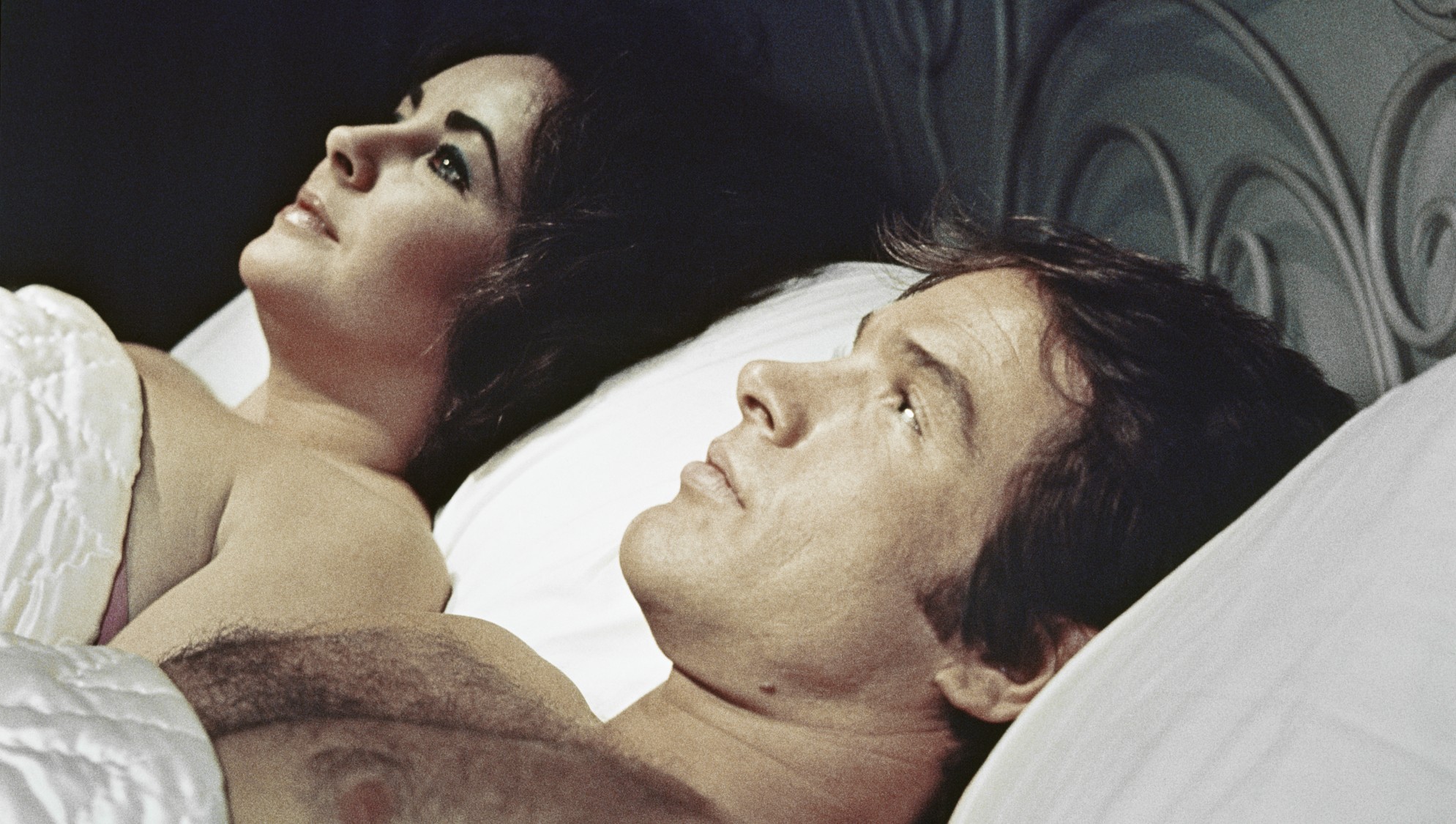 How coupling up became cringe
How coupling up became cringeTalking Point For some younger women, going out with a man – or worse, marrying one – is distinctly uncool
-
 Disney bets big on AI, but not everyone sees a winner
Disney bets big on AI, but not everyone sees a winnerTalking Points The company will allow users to create their own AI content on Disney+
-
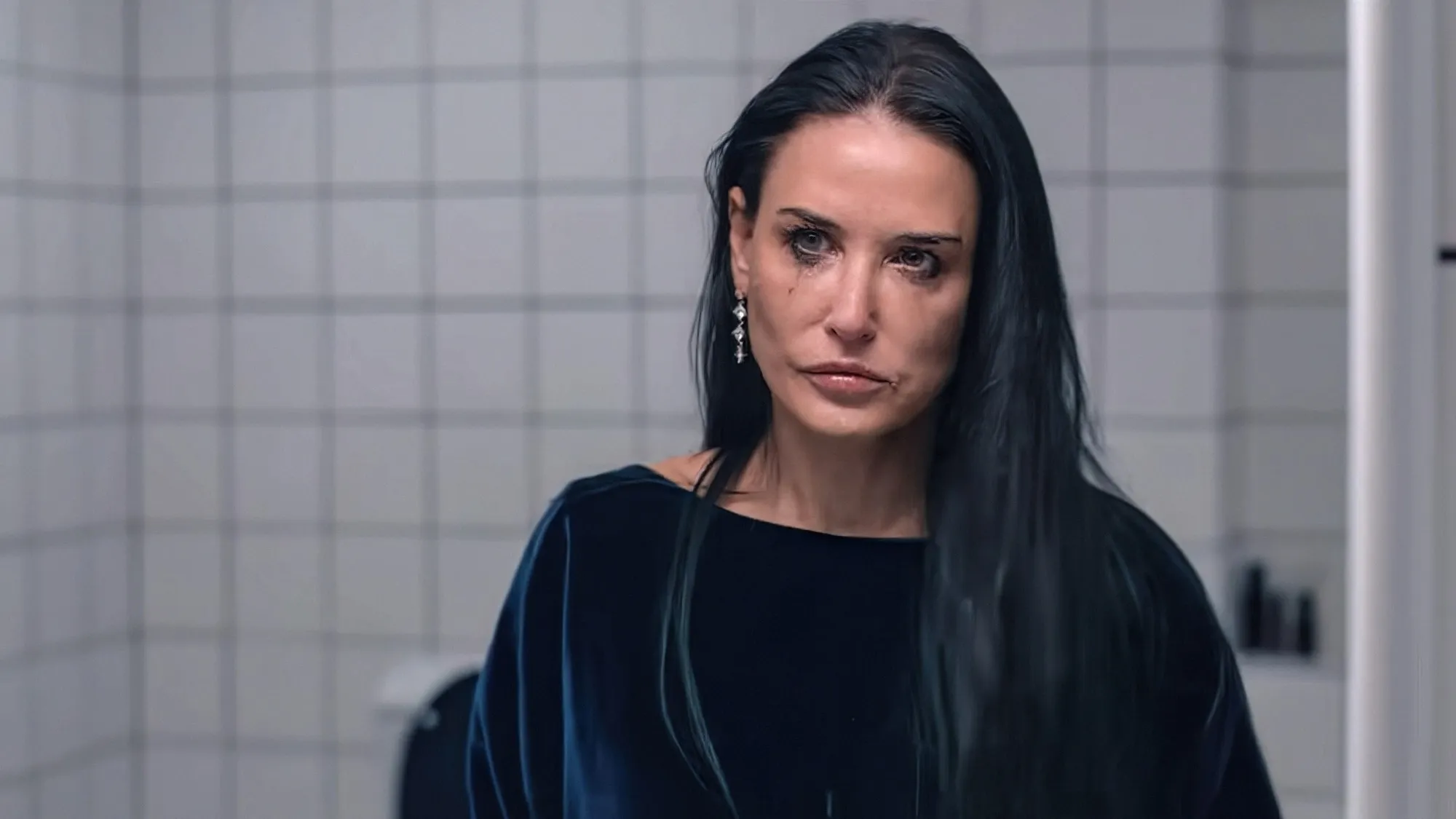 2024 and the rebirth of body horror
2024 and the rebirth of body horrorTalking Point In a year of female-focused 'scintillating gore', have horror films gone too far?
-
 Spotify Wrapped: a slave to the algorithm?
Spotify Wrapped: a slave to the algorithm?Talking Point Some listeners aren't convinced by the streaming platform's AI features – or what they say about their music habits
-
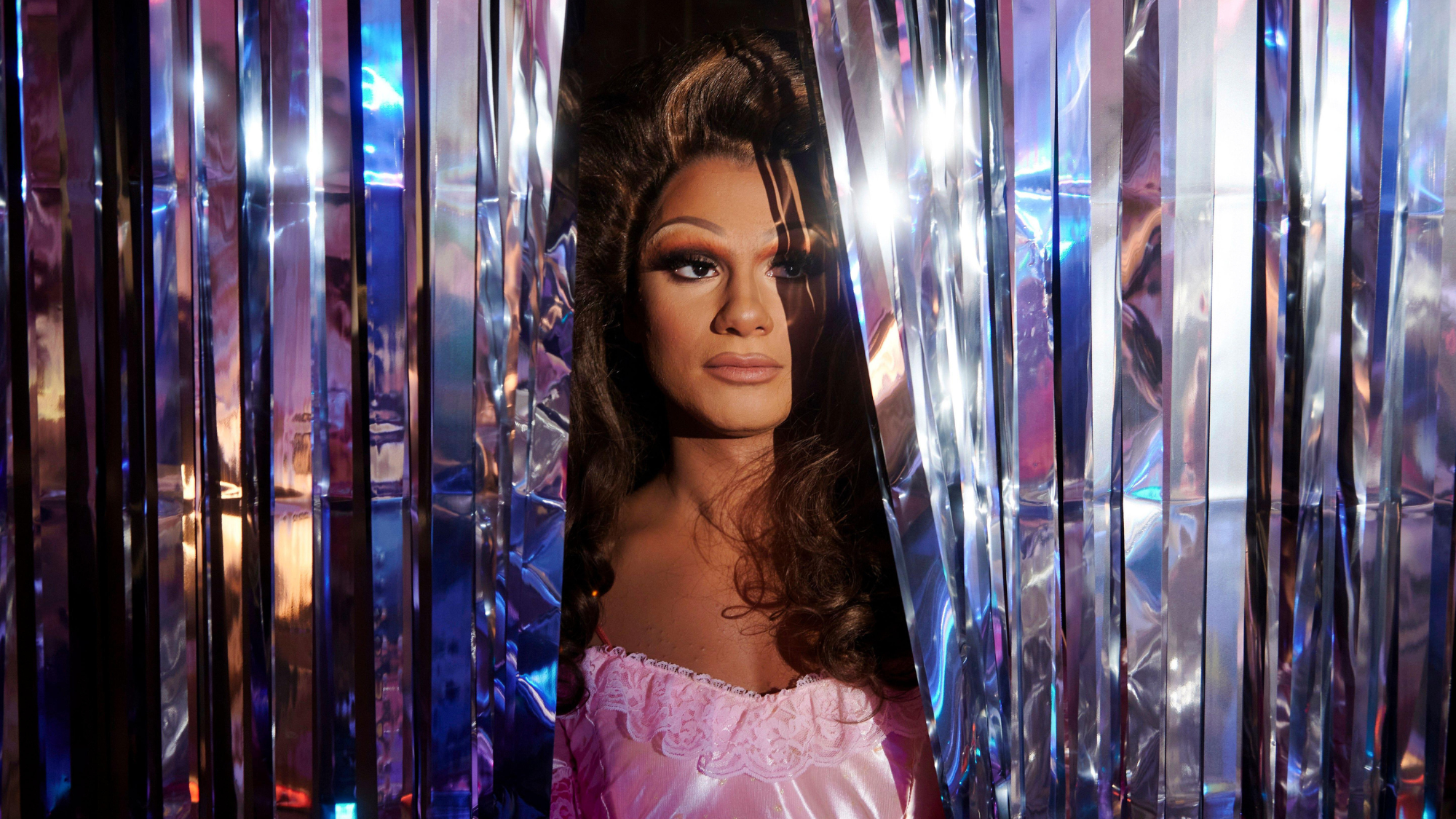 Layla: Amrou Al-Kadhi's queer love story splits critics
Layla: Amrou Al-Kadhi's queer love story splits criticsTalking Point Bilal Hasna gives a 'winning performance' in starring role – but the romance feels 'bland'
-
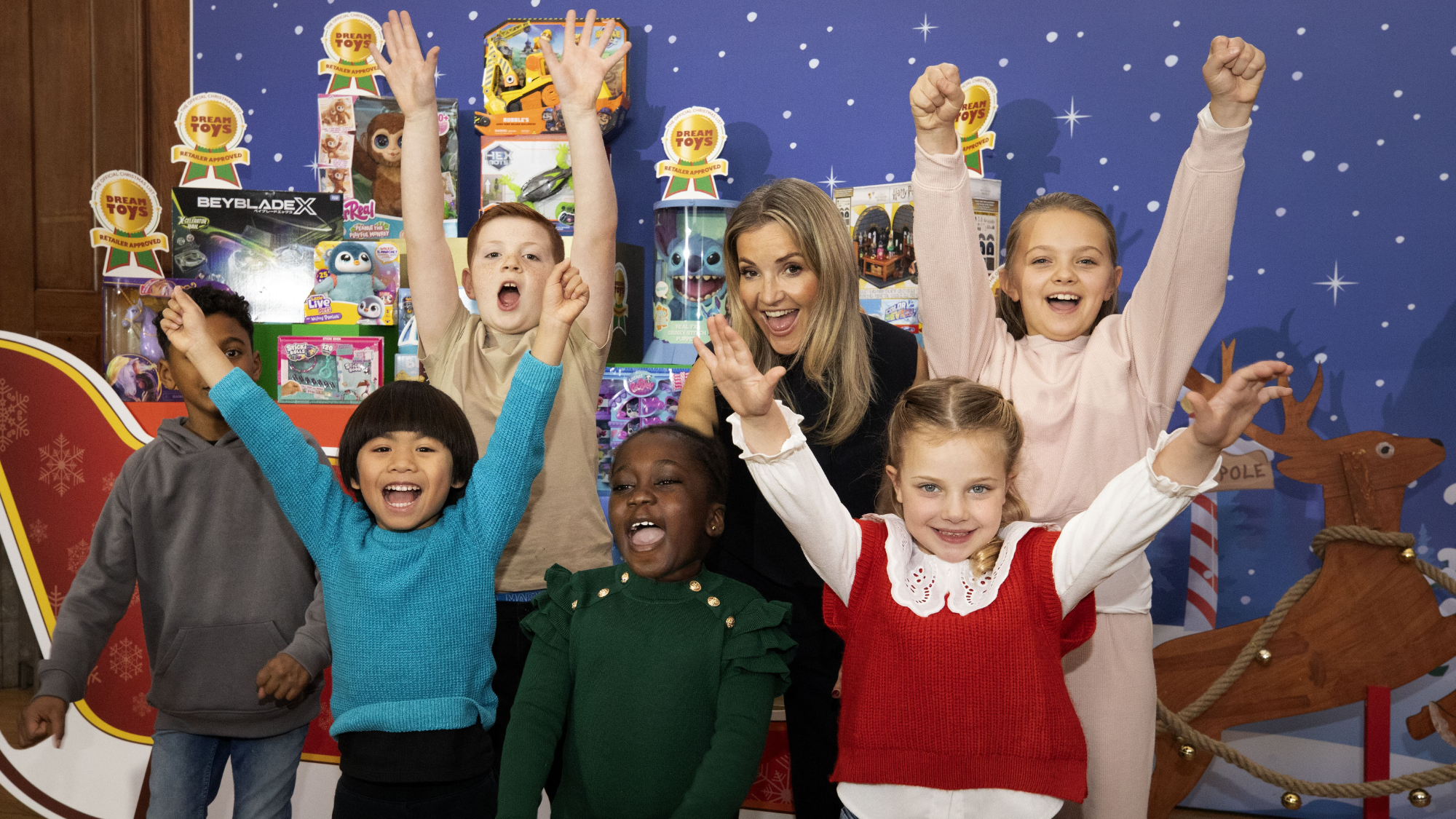 Christmas gifts for children: the top toys of the year
Christmas gifts for children: the top toys of the yearThe Week Recommends The most sought-after kids' presents revealed
-
 Saoirse Ronan: how the actress went viral
Saoirse Ronan: how the actress went viralIn the Spotlight The actress dropped a 'chat-icide bomb' on Graham Norton's BBC show
-
 Dr. Strangelove: is stage adaptation of iconic film a 'foolish' move?
Dr. Strangelove: is stage adaptation of iconic film a 'foolish' move?Talking Point Steve Coogan puts on a dazzling performance in show that falls short of 'the real thing'